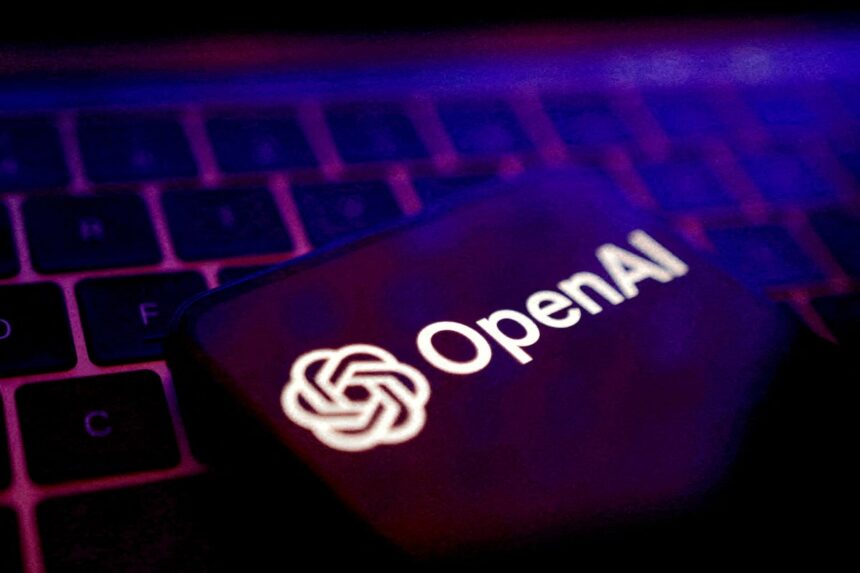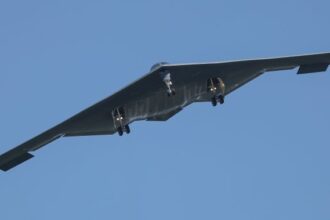In a landmark development that signals artificial intelligence’s growing role in national security, OpenAI has clinched a significant contract with the U.S. Department of Defense. The deal, reportedly worth millions, represents a strategic pivot for the company behind ChatGPT as it ventures into government partnerships after previously expressing reservations about military applications of its technology.
Sources familiar with the agreement indicate that OpenAI will provide specialized AI tools designed to enhance the Pentagon’s cybersecurity infrastructure and streamline administrative operations. The contract notably excludes direct weapons systems development—a boundary that appears to have made the partnership palatable to OpenAI’s leadership despite their earlier public hesitancy.
“This collaboration marks a delicate balancing act for tech companies navigating the intersection of innovation and ethical responsibility,” explains Dr. Eliza Montgomery, Director of Technology Ethics at the Canadian Institute for Digital Governance. “OpenAI is threading the needle between commercial growth and their stated principles about responsible AI deployment.”
The Pentagon has intensified its pursuit of artificial intelligence capabilities in recent years, with Defense Secretary Lloyd Austin repeatedly emphasizing that AI leadership is “fundamental to national security in the 21st century.” This contract follows the Department’s 2023 allocation of $1.8 billion specifically for artificial intelligence research and implementation across military branches.
For OpenAI, the decision represents a significant evolution in corporate strategy. In 2023, CEO Sam Altman had expressed concerns about military applications, stating that the company needed “more time to study the societal implications” before entering defense partnerships. This new contract suggests either a shift in perspective or carefully negotiated parameters that satisfy the company’s ethical framework.
The agreement has sparked debate among tech industry observers. Proponents argue that responsible AI companies should engage with government to ensure ethical implementation of these powerful technologies. Critics, however, warn about potential mission creep and the gradual normalization of AI in military contexts.
“We’re seeing the beginning of a new era in public-private AI partnerships,” notes Mark Davidson, a defense technology analyst with the Strategic Studies Institute. “The question isn’t whether AI will be integrated into defense—that’s inevitable. The real question is which companies will have a seat at the table to shape how it’s implemented.”
Canadian defense officials are closely monitoring these developments, with implications for our own military modernization efforts and bilateral security cooperation. Several Canadian AI firms have similarly found themselves navigating the complex terrain between commercial opportunities and ethical considerations in defense contracting.
This contract emerges amid growing international competition in military AI capabilities, with China and Russia making significant investments in the field. U.S. lawmakers have increasingly pressured American tech companies to support national security initiatives rather than allowing competitors to gain technological advantages.
The financial markets have responded positively to the announcement, with OpenAI’s private valuation reportedly increasing following news of the deal. Investors appear to view government contracting as a stable revenue stream that complements the company’s commercial offerings.
As artificial intelligence continues reshaping everything from global politics to battlefield dynamics, we must ask: who will ultimately set the ethical boundaries for these powerful technologies—the companies that create them, the governments that deploy them, or will civil society demand a more prominent voice in these consequential decisions?






















